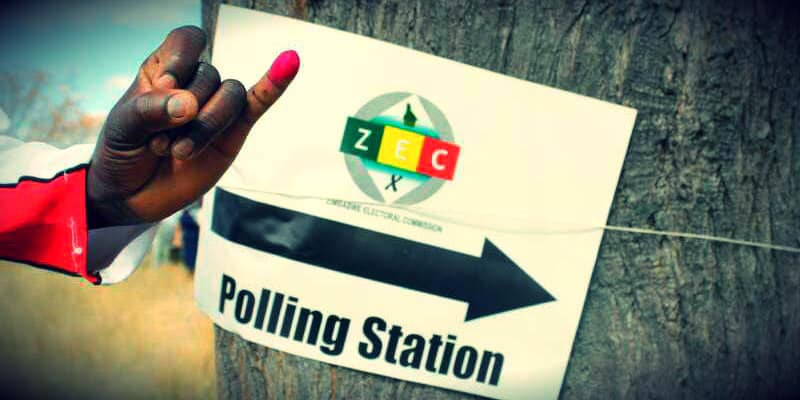
THE Zimbabwe Election Support Network (Zesn) has urged the Zimbabwe Electoral Commission (Zec) to consider lowering its nomination fees to encourage youths to participate as candidates in this year’s harmonised polls.
Zec’s nomination fees were gazetted through Statutory Instrument (SI 144) have been deemed exorbitant, with a presidential candidate expected to fork out US$20 000, up from US$1 000.
A Member of Parliament and local authority candidate will part with US$1 000 up from US$50 and a proportional representation member will pay US$200, up from US$100.
Zesn said Zimbabwe’s presidential nomination fees are four times higher than fees charged in Zambia, and almost 10 times higher than Kenya’s nomination fees. The electoral systems in Eswatin, Angola and Mozambique do not require nomination fees for MPs.
The electoral watchdog said the exorbitant fees would hinder young people, who constitute 67% of the country’s population to participate in electoral processes as candidates.
“The Zimbabwe Election Support Network joins the nation in commemorating the National Youth Day and calls for active participation of youth in electoral processes in line with section 67 of the Zimbabwean Constitution,” read the Zesn statement.
“The National Youth Day established to recognise youths and their contributions to different areas in the country comes at a time the country is preparing for the 2023 harmonised elections. Further, Zesn welcomes the institutionalisation of the youth quota in the National Assembly to enhance their participation in democratic governance processes as this is something that youths had been lobbying for since 2017.
“However, there is need for government and political parties to employ the 25% threshold as outlined in the National Youth Policy, to ensure representation of youth in all public office and leadership positions from the grassroots going upwards, for example village, ward, and council to national level,” the Zesn statement added.
- RG's Office frustrating urban voters: CCC
- Fast-track delimitation, Zec urged
- 'Political parties must not be registered'
- Zec to address nomination fees outcry










